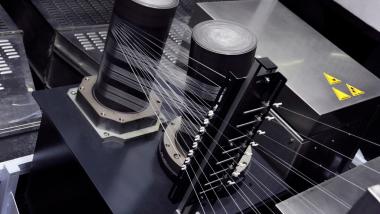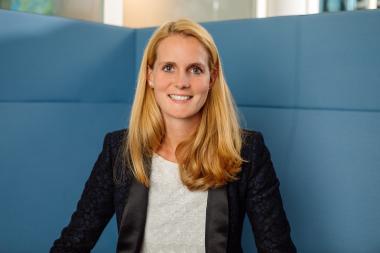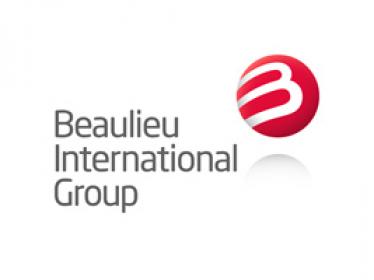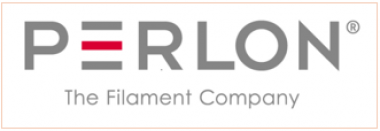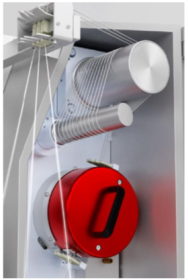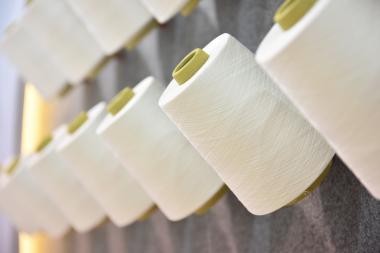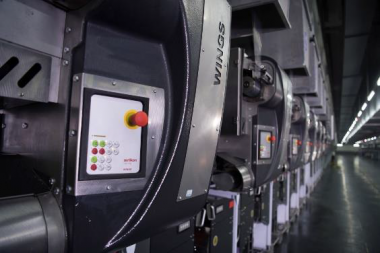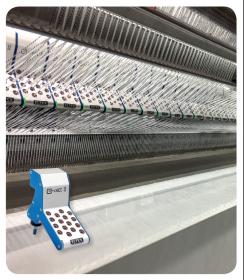Oerlikon Barmag: Largest single industrial yarn order
- Textile yarn manufacturer Fujian Billion kicks off industrial yarn production
Remscheid – from the end of this year, the southern Chinese yarn manufacturer Fujian Billion Polymerization Technology Industrial Co., Ltd. will be producing industrial yarns using systems supplied by Oerlikon Barmag. With this, the company – considered to be the largest polyester yarn manufacturer in southern China – is now also entering the industrial yarn market.
With 124 positions and a capacity of around 250,000 tons per annum, this project is the largest single industrial yarn order placed with Oerlikon Barmag to date. And with this order, the southern Chinese yarn manufacturer instantly positions itself as one of the ten largest Chinese industrial yarn producers. “The systems at Fujian Billion come with our latest draw unit design, which has been optimized for use with Oerlikon Barmag automation solutions”, comments Roy Dolmans, Head of Development for the Industrial Yarn Process. As a result, the newcomer in the industrial yarn sector is now superbly equipped for the future.
The well-known company – located in the Chinese Fujian Province – will be predominantly manufacturing high-tenacity (HT) and low-shrinkage (LS) yarns from the end of this year. These sophisticated yarns are deployed both in the automotive, geotextiles and safety sectors (HT yarns) and in the manufacture of coated industrial textiles such as truck tarpaulins and tents (LS yarns).
Founded in Jinjiang, Quanzhou, in 2003, Fujian Billion Polymerization Technology Industrial Co., Ltd. is one of the top 500 privately-owned enterprises in China. Annually, the yarn manufacturer produces around 2.8 million tons of filament yarn and ethylene-propylene side-by-side (ES) fibers.
Oerlikon Barmag Fujian Billion Polymerization Technology Industrial Co. technical yarns and fibers Automotive
Oerlikon Barmag













